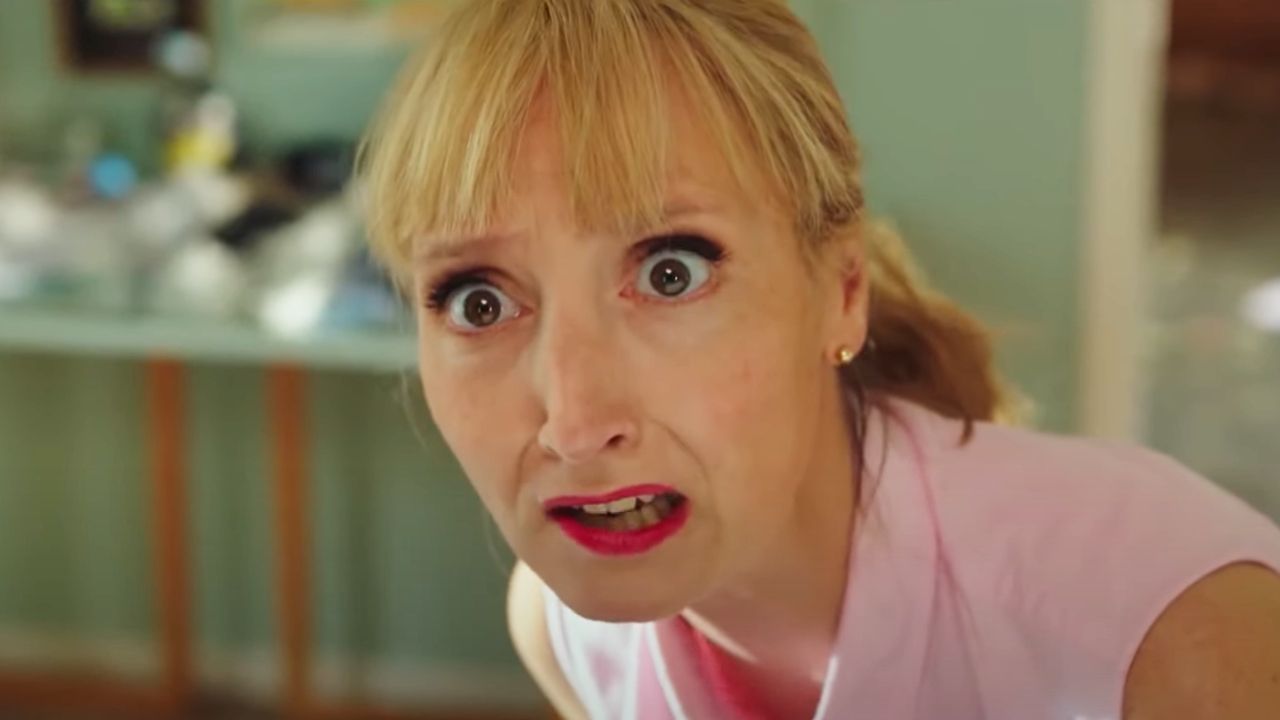Despite the common symptoms, there are important distinctions
If you have already lost a loved one or live with someone who is grieving, you may have wondered to what extent these feelings of loss can turn into depression.
Discover the main differences between the two:
1. Grief has a very clear trigger: the loss of a loved one (although the end of a relationship or the loss of a job can also generate feelings of grief). In depression there are symptoms of sadness and anxiety that do not always have a specific trigger.
2. The intense sadness, anxiety, and lack of motivation caused by grief tend to last for a specific period, which varies greatly from person to person. In depression, these feelings can last a long time.
3. Pain symptoms usually resolve on their own. So at first there is a lot of anguish and sadness, but, as the weeks or months go by, these feelings lose strength. In the case of depression, symptoms can worsen, causing, for example, a serious impact on the person’s life, relationships, work or studies.
Those experiencing bereavement really need the support of family and friends. Unfortunately, very little is said about this topic in society and people are often left without knowing how to help those who suffer. If this is your case, know that simply standing by the grieving person and listening to them can make a lot of difference.
Complicated mourning
Depression, in many cases, is a consequence of what doctors call “complicated grief,” that is, grief that has not resolved on its own and requires the person to seek professional help.
Discover the main symptoms associated with depression:
– Feeling of sadness or prolonged emptiness, as if life was losing its colors
– General lack of interest, even in activities that generate pleasure and in sex
– Aggression or chronic bad mood
– Low self-esteem, feeling of being a burden to others or feelings of guilt
– Pessimism, feeling that there is no solution to the world or to problems
– Lack of energy, excessive tiredness, loss of concentration and memory, lack of initiative;
– Psychomotor agitation or slowing (movements and thoughts become slower)
– Insomnia or excessive drowsiness
– Lack or excess of appetite
– Physical discomfort, such as pain, weakness or digestive symptoms
– Thoughts about death or suicidal ideas (not always present)
Diagnostic manuals suggest that these symptoms should be present most of the day for at least two weeks. Of course, a grieving person may spend more time in a depressed mood, but if symptoms do not improve after a while, depression has likely set in.
If you need help…
If you or a loved one is suffering, know that there are services you can count on. One of these is the CVV (Centre for the Valorization of Life), which you can access by calling 188 or via the website (cvv.org.br). There is also a chat that can be used to connect with someone.
Another site that offers this type of service is Mapa da Saúde Mental (mapasaudemental.com.br), with several help options.
Source: Terra
Ben Stock is a lifestyle journalist and author at Gossipify. He writes about topics such as health, wellness, travel, food and home decor. He provides practical advice and inspiration to improve well-being, keeps readers up to date with latest lifestyle news and trends, known for his engaging writing style, in-depth analysis and unique perspectives.








